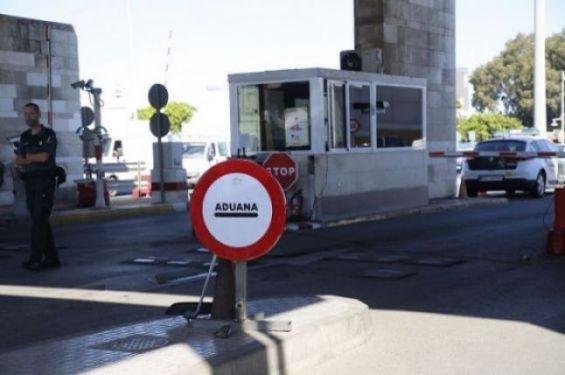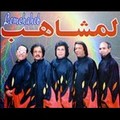As expected, the presidents of Ceuta and Melilla met on Monday, February 17 in Malaga, in order to prepare for a joint response to what they call a «strangling» of the two cities's economy by Morocco. The talks were followed by the publication of an institutional declaration signed by Jan Vivas of the Popular Party and Edouard de Castro from Ciudadanos.
They two created a road map for the two cities, with a strategy to protect them from «the threats» of the kingdom. The document has the objective of «establishing a plan that has urgent measures intended to support trade and, at the same time, open new horizons for productive activities, laying the foundation stone of an alternative, solid and stable economic model, which does not rely on decisions that can be taken on the other side of the border», reads the document.
Betting on the support of Madrid and the European Union
Ceuta and Melilla want to benefit from the tourism activities that boost the economy of certain regions in Spain, such as the Balearic Islands and Cadiz. Thus, Melilla is impatiently waiting for American promoters in the sector to honor their promises to make five stops there between May and September 2020.
Furthermore, the two presidents issued tenders for Iberian transport companies in order to «favor lines linking the peninsula to the rest of Spain, with affordable prices the residents of both Ceuta and Melilla and those who wish to visit them».
A wishful thinking, since «a return flight from Madrid to Melilla costs 600 euros (…) We must resolve this problem», argued, Monday, the former president of the city, Juan José Imbroda. Indeed, the majority of tourists who go to the two cities remain Moroccan, mainly during the sales period.
Juan Vivas and Edouardo de Castro asked the central government to put in place the necessary financial resources to meet the needs of the two cities in the «areas of defense, security, health, education and justice».
The institutional declaration of the Malaga meeting bets on the support of Spain and the European Union to «face the crisis».





 chargement...
chargement...













